The Alarming Rise in Workplace Mental Health Claims and Why Traditional Employee Assistance Programs Are Falling Short
)
Workplace mental health claims are rising sharply and are cited by some experts as the predominant trigger for skyrocketing claim values. Yet traditional workplace solutions are failing to address mental illnesses.
This is according to Cathy McDonald, Executive General Manager at Vitality Works, a provider of Workplace Health, Safety and Wellbeing Services across Australia and New Zealand. The company is also a Spotlight Sponsor at the upcoming Workplace Health and Safety Show Sydney, where the management of psychosocial hazards will be explored in-depth.
“The cost of workers compensation claims for work-related mental health conditions are roughly 2.5 times higher than any other issue,” says Cathy. She refers to further findings by Safe Work Australia, that the median compensation paid for physical injuries and diseases was $13,883 versus $55,270 for mental health conditions. In addition, a recent Committee for Economic Development Australia (CEDA) report found that mental health claims are expected to at least double by 2030.
“The lack of effective mental health solutions in the workplace is the new elephant in the boardroom, which we must call out and address now,” states Cathy, adding that the traditional employee assistance programs (EAP) are not yielding the desired outcome.
Employee assistance programs are missing the mark
Over 50% of Australian workers experience mental health conditions, yet take-up rates of traditional EAPs are low, with fewer than 1-3% of employees accessing existing programs in most workplace settings. In addition, the shortage of psychologists available to extend much-needed services is a major concern. “Reports indicate that one in three psychologists are unable to see new patients, and wait lists are up to one year long in some cases,” adds Cathy.
“While these programs are widely used, they’re not effectively monitored and evaluated based on their outcomes.”
Australian mental health and wellbeing support organisation, Beyond Blue, reports that 91% of employees say mentally healthy workplaces are important – yet only 56% believe it’s valued by their CEO. “For business leaders, an opportunity exists to lead the way by prioritising solutions that will result in best practice outcomes for mentally healthy workplaces,” posits Cathy.
However, she cautions that workplace mental health services that only step in when a worker reaches crisis point or remain capped to a certain number of consultations per worker, fail to capture the many others who also need support. She points out the findings of the Productivity Commission, that effective programs take a holistic mental health approach that encompasses awareness, prevention and treatment.
“It’s critical to implement workforce support programs that employ clinically validated methods, combining screening with proper triage, referral and support,” says Cathy, pointing to the Thrive Mental Health program, a solution made available locally via an exclusive joint venture between the program developer (Thrive UK) and Vitality Works.
Thrive Mental Health is a healthcare-led mental health and workplace program, developed by NHS clinicians, offering unlimited access to real psychologists. “It eclipses traditional models with usage rates 10 times greater than that of standard EAPs.
In addition, a 2020 study of Thrive Mental Health showed that participants using the app experienced significantly better rates of recovery from anxiety and depression after two weeks, four weeks and six weeks, compared to those people without any support, with recovery rates of up to 86% for depression and anxiety among Thrive users,” adds Cathy.
“This is a solution that fulfils the priority reforms highlighted by the Productivity Commission’s 2020 Inquiry into Mental Health – it’s a person-centred mental health system, getting people the right services at the right time, and improving continuity and coordination of care,” she concludes.
Helping workers thrive
To aid Australian businesses in understanding and meeting their obligations to minimise psychological hazards in their workplace, Vitality Works will be presenting at the Workplace Health & Safety Show. On Thursday 21 September, Amy Miszalski, Senior Leadership Consultant & Coach SafetyWorks consulting (a division of Vitality Works) will clarify and demystify the terms 'psychological safety’ and ‘psychosocial risks’ and explore how this relates to the management of psychosocial hazards.
In addition to this seminar presentation, Vitality Works will be exhibiting its range of solutions at the Show, including the Thrive Mental Health program, at stand H17.
“At a time when Australian employers have both a moral and a legal obligation to create mentally healthy workplaces, it’s beneficial to have access to employee support programs with a proven track record. We’re excited that Vitality Works will be showcasing its solutions at the Workplace Health & Safety Show, and will also be demystifying the complex area of psychological wellbeing,” states Marie Kinsella, CEO of the International Exhibition & Conference (IEC) Group, organisers of the Workplace Health & Safety Show.
The Show will take place in Sydney from 23 to 24 October 2024 and comprises a two-day program of interactive seminars and workshops covering the latest in workplace safety regulations, technology innovations, employee wellbeing and safety best practices. Rounding out this free education program is the exhibition, where 150 exhibitors will demo their solutions and products.
Registration is free and interested professionals can find more information by visiting https://www.whsshow.com.au


